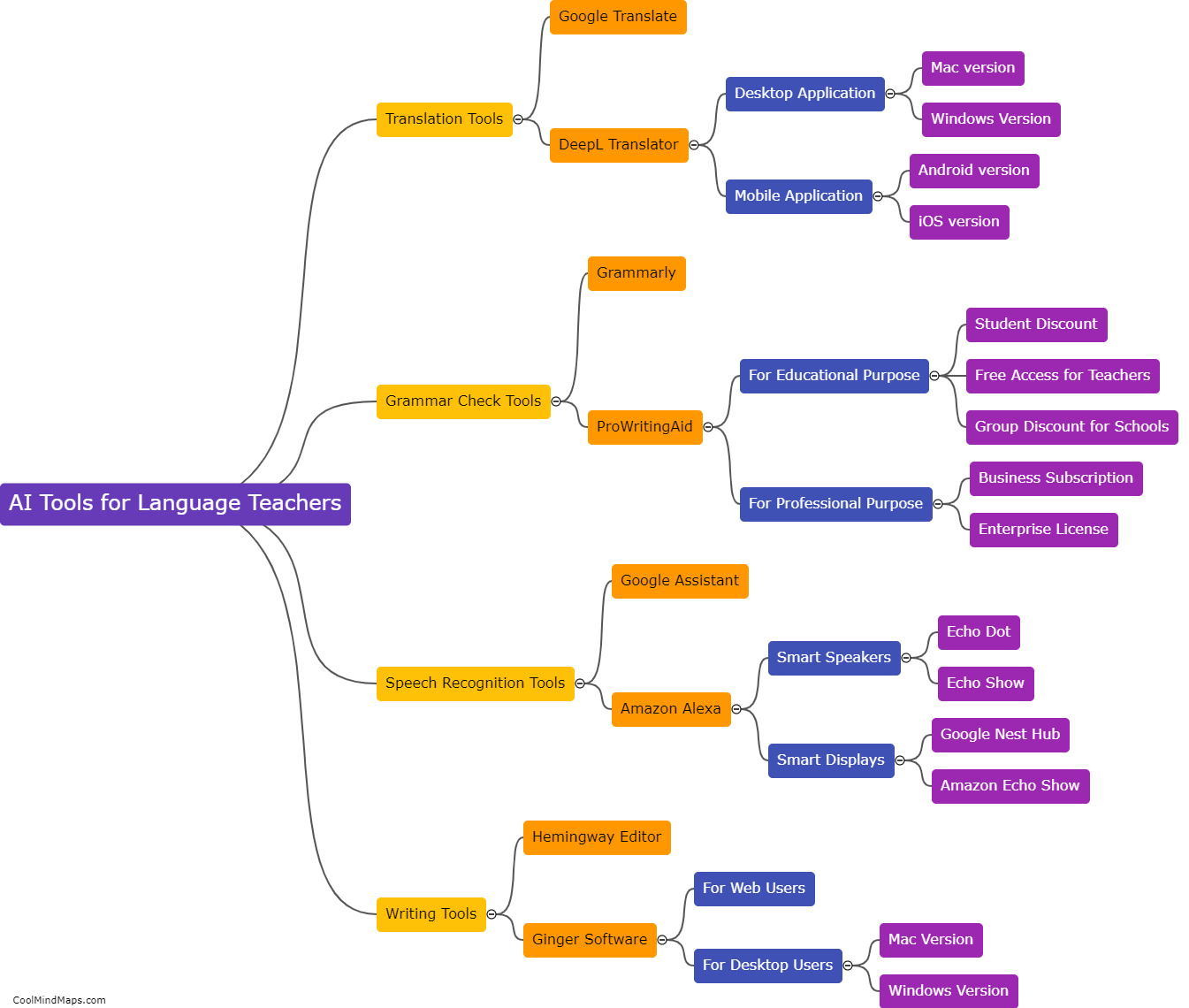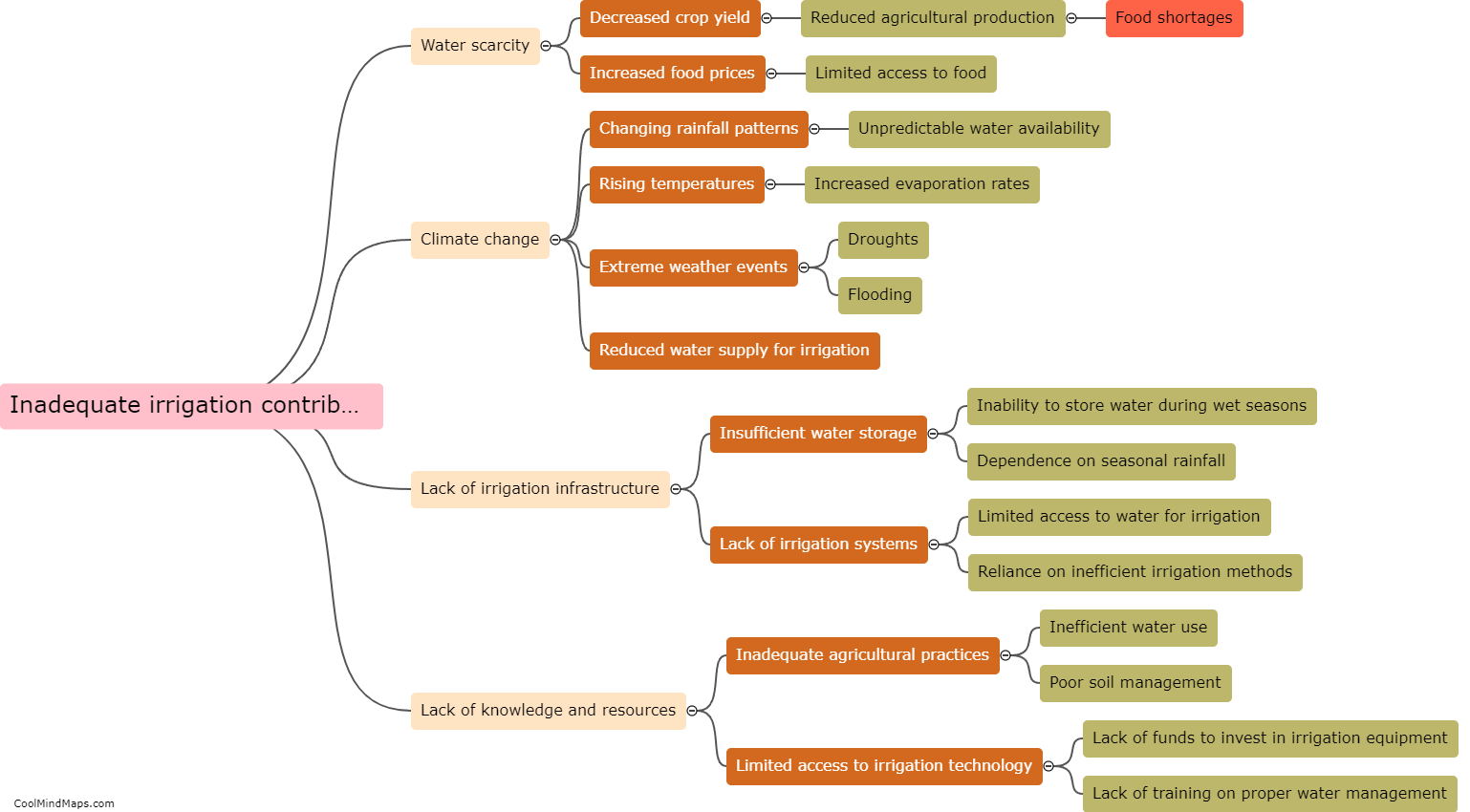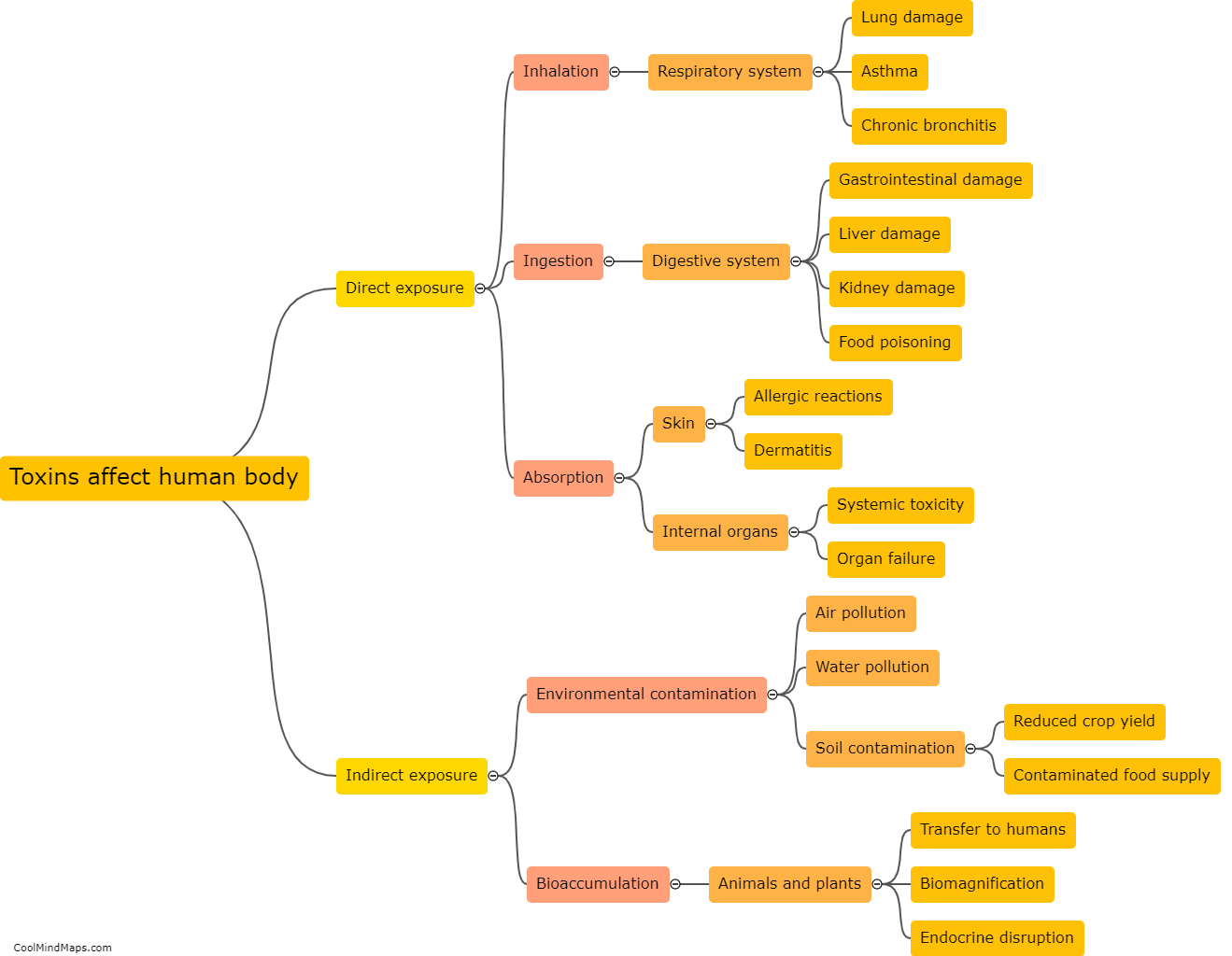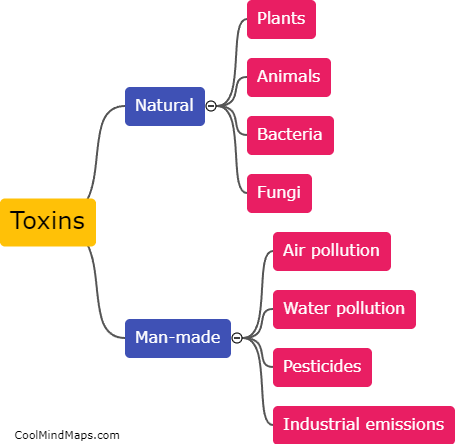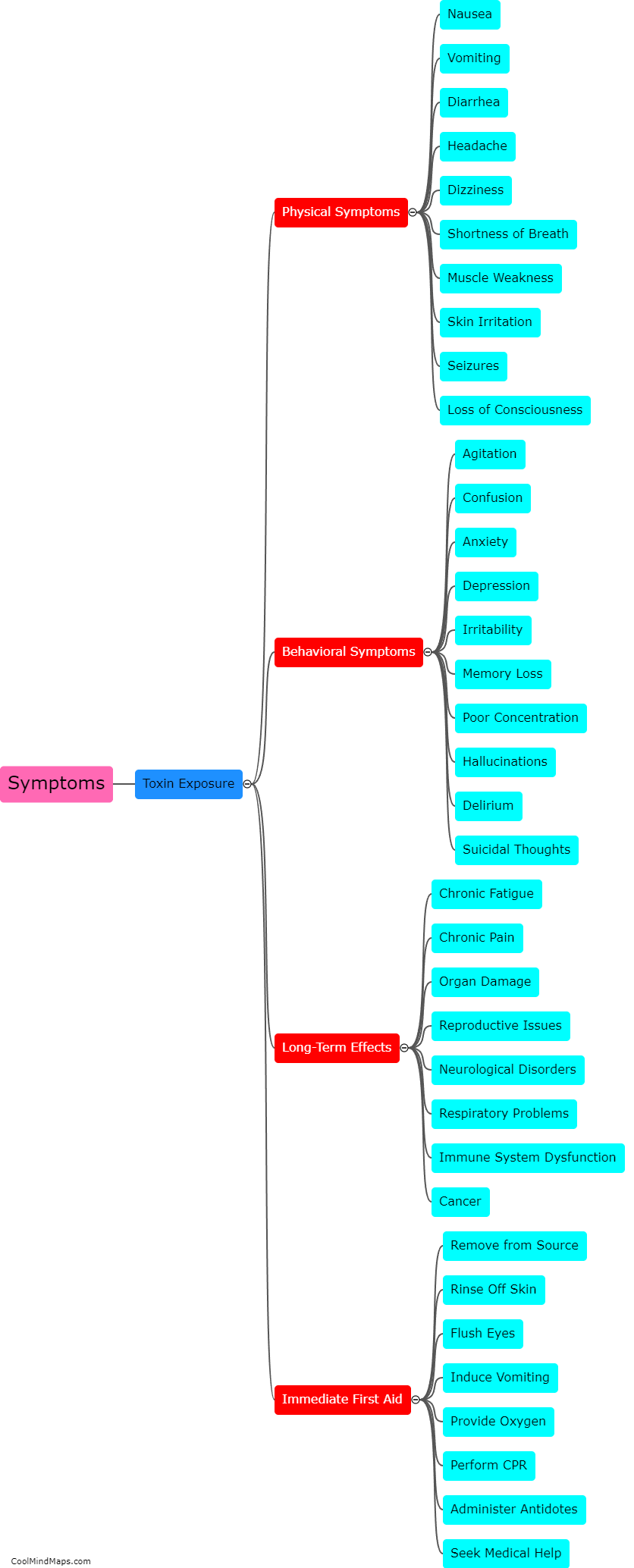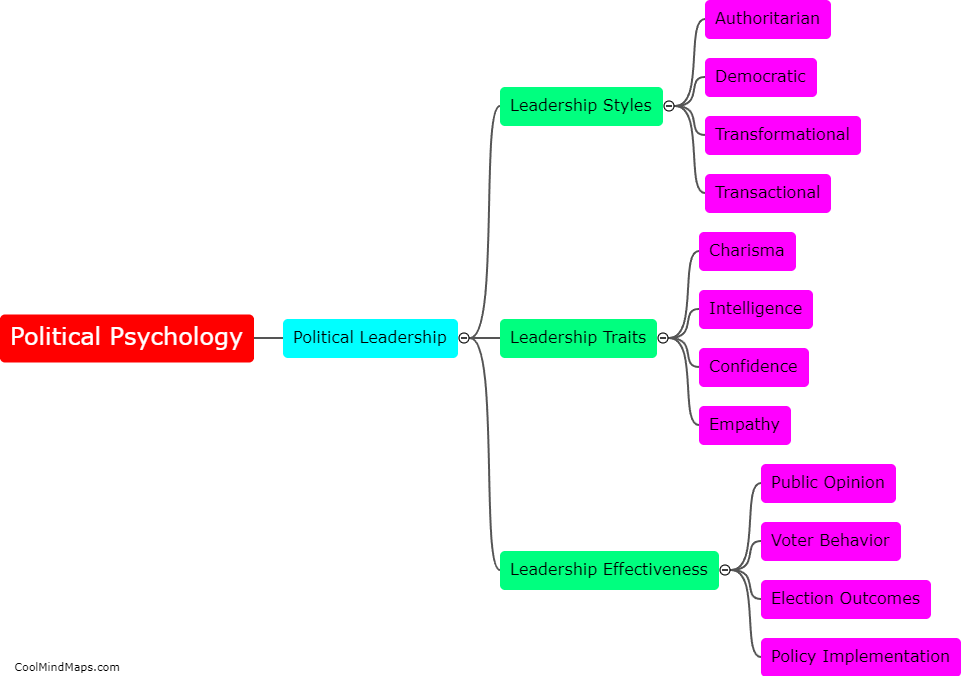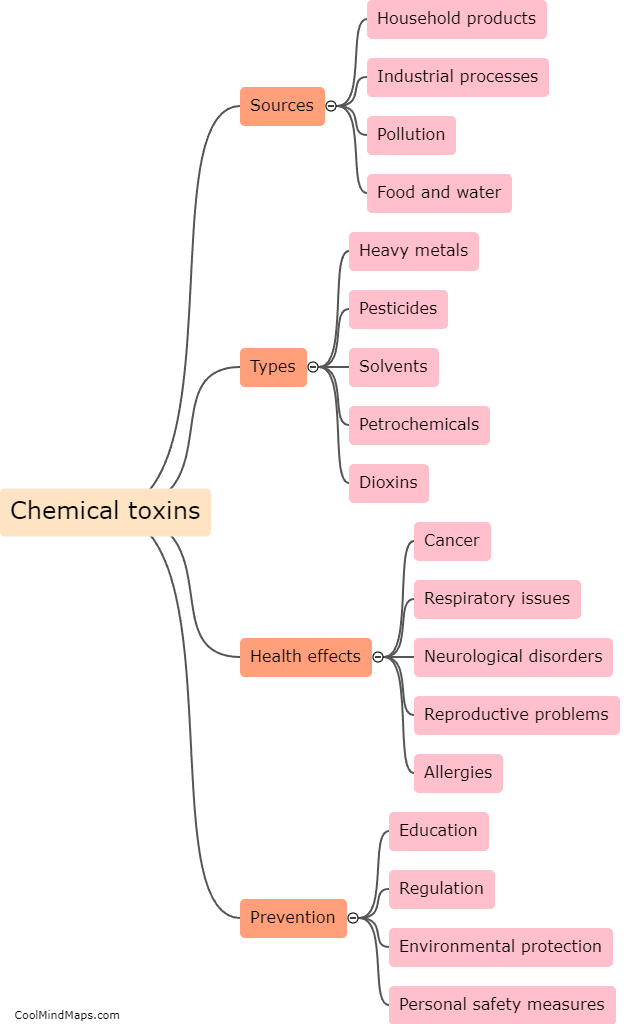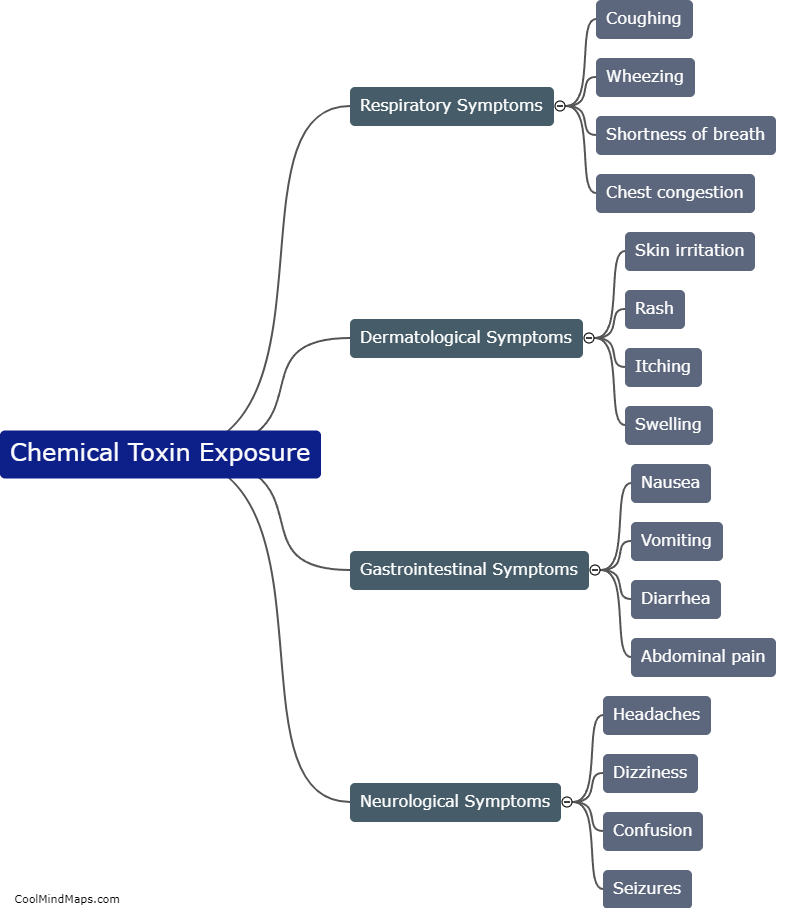In what ways do emotions impact political decision-making?
Emotions play a significant role in shaping our political decisions, often influencing our attitudes, priorities, and the ways in which we perceive various issues. When making political decisions, emotions can either cloud our judgment or provide us with valuable insights. For instance, fear and anger can mobilize individuals and communities, pushing them to take action or vote in a particular direction. On the other hand, emotions such as empathy and compassion can foster support for policies that promote social justice and equality. However, at times, intense emotions can hinder rational decision-making, leading to impulsive or biased choices that may not align with long-term goals or the overall welfare of society. Therefore, understanding the interplay between emotions and political decision-making is crucial in order to achieve well-informed and balanced outcomes.
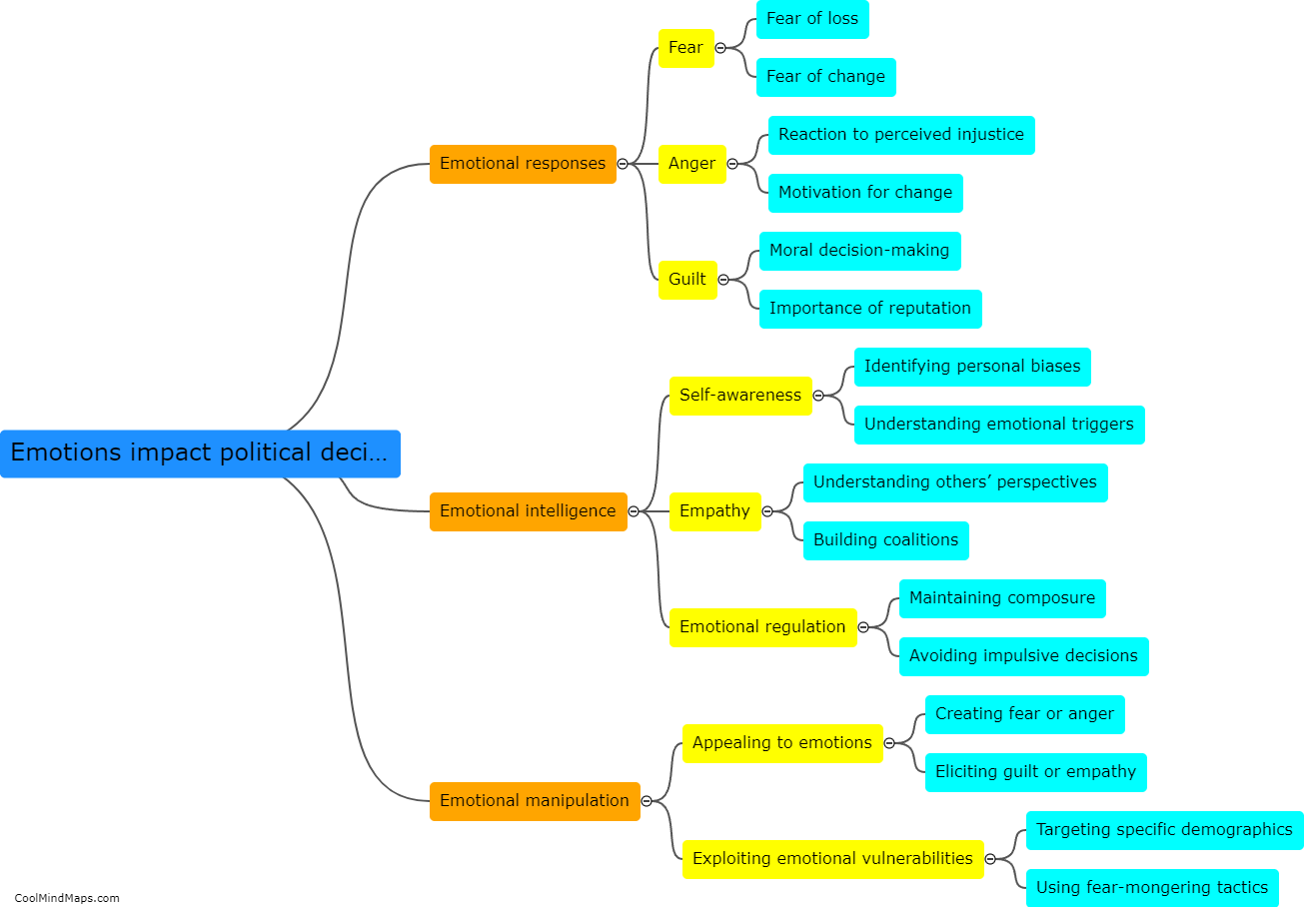
This mind map was published on 12 December 2023 and has been viewed 89 times.

